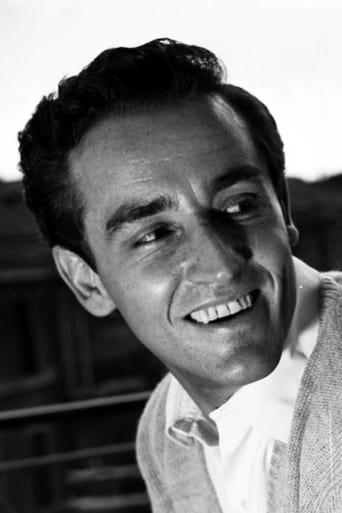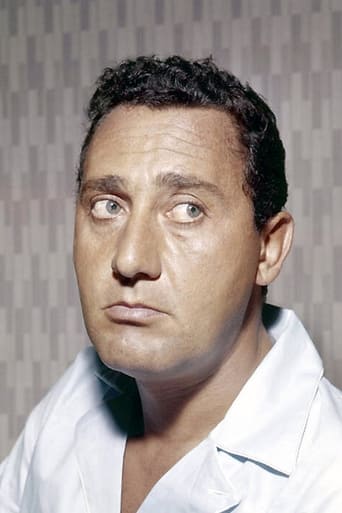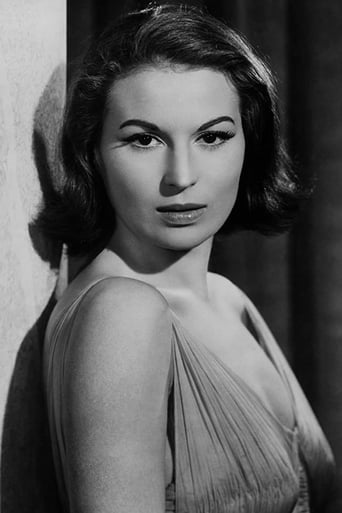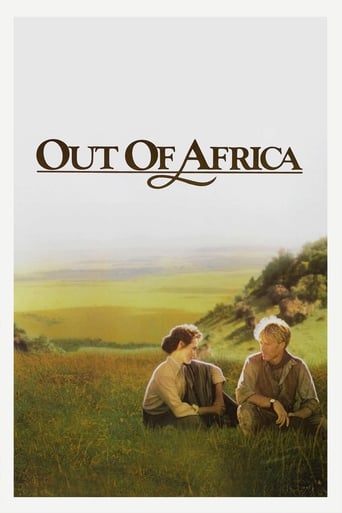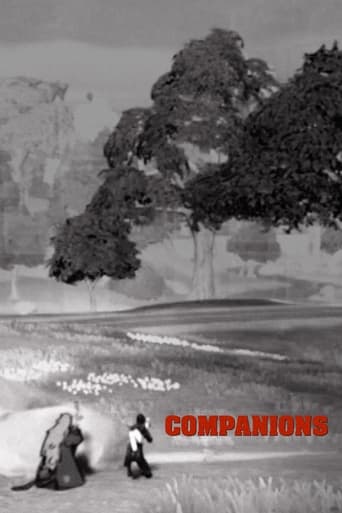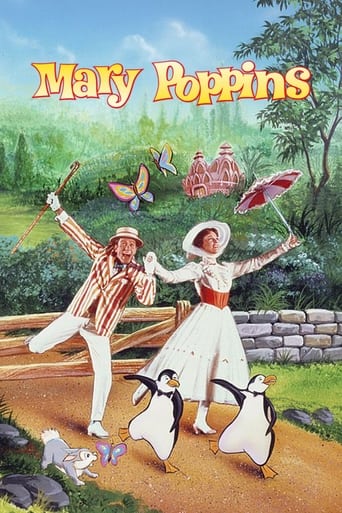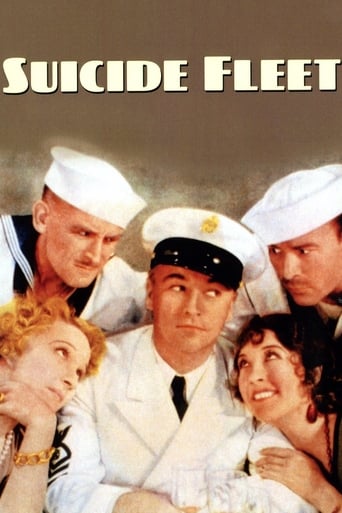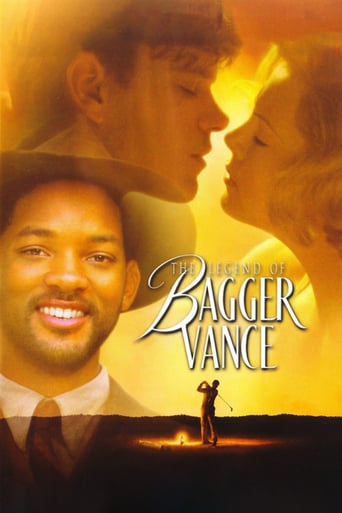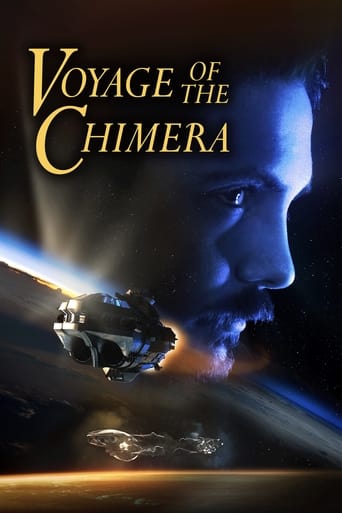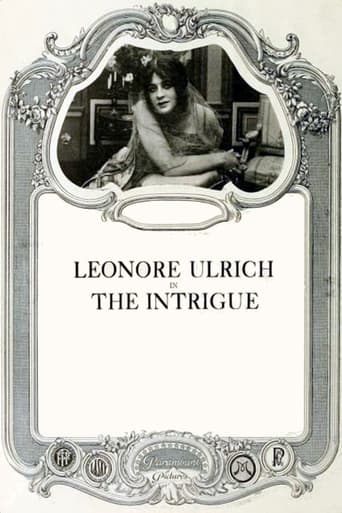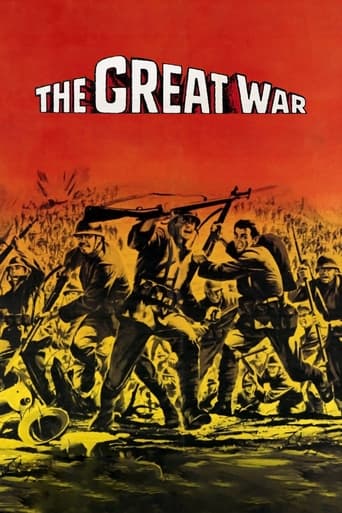
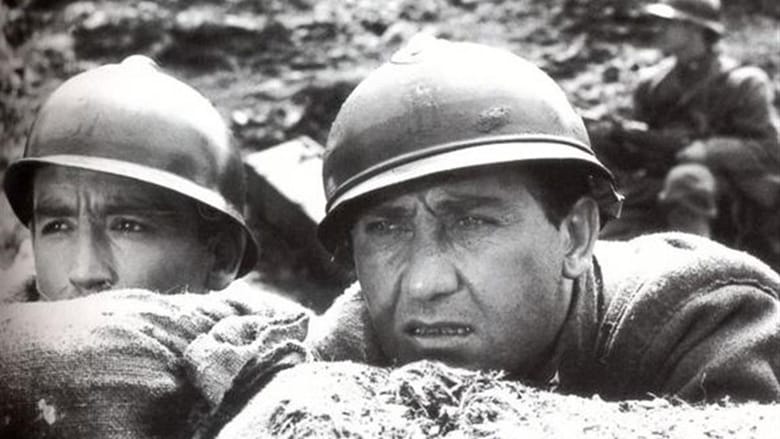
The Great War (1959)
Italy, 1916. Oreste Jacovacci and Giovanni Busacca are called, as all the Italian youths, to serve the army in the WWI. They both try in every way to avoid serving the army.
Watch Trailer
Cast


Similar titles
Reviews
From my favorite movies..
The film may be flawed, but its message is not.
It is neither dumb nor smart enough to be fun, and spends way too much time with its boring human characters.
A terrific literary drama and character piece that shows how the process of creating art can be seen differently by those doing it and those looking at it from the outside.
To the ghost of Mario Monicelli, Ciao ancora! The Great War/La Grande Guerra is the second movie directed by you that I watched over the last two weeks. I come from a patriotic country. And the only war films I have seen are mostly the American and British ones and the awful Indian ones. But your film was unique compared to all of them. It is almost a film which a commercial film audience could enjoy though I guess the hardcore patriots would not identify with the two cowardly lead characters. But they are characters anyone with a soul could relate to. Your film hardly ever had a dull moment. It was hilarious. There were so many instances when I laughed my ass off.The traitorous deserting characters were so tongue in cheek. The characterization is pure genius. The Destouches character from Celine's Journey to the End of the Night came to mind while I watched Oreste and Giovanni stumble through their life in the army. You did a great job portraying the horror of war despite the antics of the two protagonists. It is always the poor and the wretched who are doomed to fight the wars of the rich. Not an original message, but your treatment of this theme was unique.Vittorio Gassman is such an amazing actor. In India, someone who looked like him would never play a loser. Now I have watched three movies where he plays total losers.I will be stealing more of your movies over the next few weeks, Mario.Best Regards, Pimpin.
The Italians don't have a problem making fun of serious things. Roberto Benigni got the whole world laughing with a Holocaust movie. Lina Wertmüller satirized man's will to survive in her WWII dark comedy, Pasqualino Settebelezze. Mario Monicelli's La Grande Guerra, perhaps the grandfather of such movies, aims its satire at World War I.The movie follows Giovanni Busacca and Oreste Jacovacci, two comical anti-heroes who are drafted and spend most of the time trying to find ways to stay out of the front or acquire some rare comforts amidst the war. The movie is mostly plot less and instead emphasizes amusing episodic situations. This gives the movie maximum freedom to explore as many situations as the imagination of the screenwriters allowed.However this movie never stoops to frivolity. Amidst the horrors of war, there's a strong criticism of war in general and also of the way the soldiers are treated by their own country. Monicelli's camera shows the squalor of the trenches, the hunger, the worn boots and uniforms. The battles are bloody, chaotic situations; when it shows Giovanni and Oreste watching a bombardment in the distance, we share with them the relief we're somewhere else. We rejoice when they think their way out of a dangerous situation and commiserate with them over fallen friends.And like the best war movies, La Grande Guerra manages to show the best of mankind. Comradeship, selflessness, courage, loyalty are in display here.La Grande Guerra is over 50 years and yet remains an impressive experience. Modern movies can be technically more authentic, have better sfx, better make-up, have better sound mixing, etc., but $100 millions of budget won't buy them the emotional core of this forgotten movie.
Winner of the Golden Lion at the Venice Film Festival in 1959, this film deserves more attention from movie lovers all around the world. Some critics regard "The Great War" as Monicelli's finest work - and they might be right. Set in Northern Italy during World War I, of course the film is definitely antiwar. As Monicelli once said in an interview : "I wanted to show things as they were -- as usual, badly conducted and led, and no one wanting to fight, or knowing what they were fighting for." It is history from the point of view of the humble people, with a good deal of irony. Starting as a light comedy, "The Great War" ends on a very poignant note, while it doesn't hide any of the horrors of trench warfare.To me, Mario Monicelli and Dino Risi were the masters of Italian (tragi)comedy back in the 50s and 60s. Their best films (like this one) offer a combination of levity, social criticism and black comedy which is extremely appealing and unique. That said, Monicelli and Risi would never have done such great films without great actors. Here, Gassman and Sordi are a wonderful pair as two army mates caught in a conflict they don't really care about. The film also features beauty queen Silvana Mangano in a small but important part as Gassman's love interest.A classic, unmissable.
(Includes spoilers!) THE GREAT WAR stands as one of the essential films exemplifying the "commedia all'italiana" genre, that is, films which while being comedies often have a serious, even tragic undertone. Take our two heroes here, the Roman Oreste Jacovacci and the Milanese Giovanni Busacca (Alberto Sordi and Vittorio Gassman). Caught in the insanity of World War I, this Abbott and Costello duo will do anything to escape danger and responsibility. After being fairly successful at the game, they have the misfortune to fall into the hands of the enemy Austrians, who want to pump them for information. But these two connivers and shirkers, in a rush of untapped patriotism, are unwilling to cause the possible deaths of their compatriots and so will chose or allow themselves to die instead. Circumstances turn cowards into heroes, much in the same way the con-artist played by De Sica in IL GENERALE DELLA ROVERE soars to lofty nobility at the end of that film, completed that same year. Talented director Mario Monicelli has filmed a gritty panorama of the World War I, Italy's first real film on the subject, in which the visuals and the overall "feel" are utterly convincing. The great cinematographer Giuseppe Rotunno has captured the same period feeling that is akin to old-photographs-come-to-life that we would see later in his 1963 I COMPAGNI (THE ORGANIZER). Here he works in wide-screen CinemaScope that is especially effective in following movements of large numbers of soldiers in the battle scenes. The music by veteran Fellini-composer Nino Rota is appealing, and we get the songs and popular chants of the era. Silvana Mangano provides feminine interest as a crafty prostitute. This is a major Italian film of the 1950's and it should be far better know


